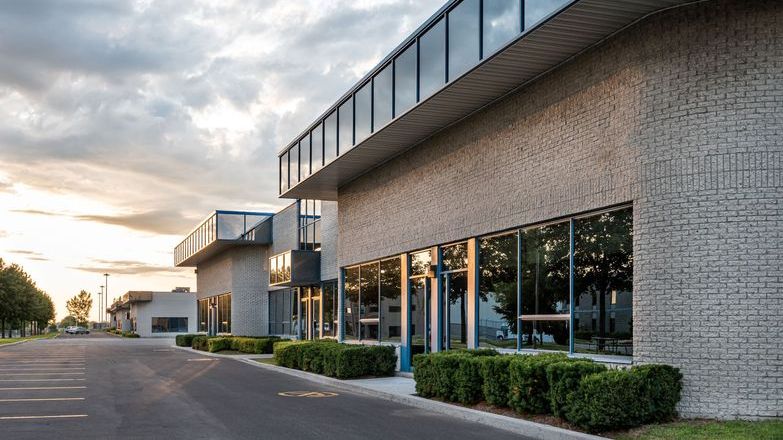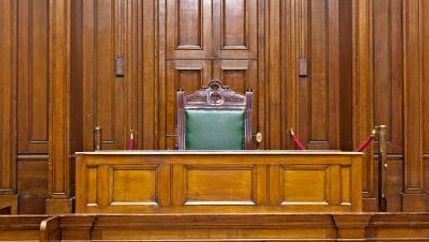
Commercial tenants whose business has been affected by COVID-19 will be protected from debt claims — including County Court Judgements (CCJs), High Court Judgements (HCJs) and bankruptcy petitions which have been issued against them in relation to rent arrears specifically caused by the pandemic.
The decision means that businesses forced to close due to the pandemic and continued to accumulate further debt are protected.
While the new rules currently apply to England and Wales, Northern Ireland will have power in the Bill to introduce similar legislation.
The measures are the latest in protections for commercial tenants that have been put in place as a result of the Coronavirus Act 2020, which also sees commercial tenants protected from eviction until 25 March 2022, in an effort to provide time for landlords and tenants to negotiate sharing rent debts.
Code of Practice
Negotiations are supported by a new Code of Practice which provides landlords and tenants with a process to help settle outstanding debts before the new arbitration process comes into force.
The new Code replaces the ‘Code of Practice for commercial property relationships’ that was originally published in June 2020 before being updated in April 2021.
Binding Arbitration
The Commercial Rent (Coronavirus) Bill, due to be implemented from 25 March 2022, will establish a legally binding arbitration process following the principles of the Code of Practice.
Binding arbitration is only to be undertaken in cases where landlords and tenants cannot otherwise come to a resolution.
Where commercial tenants are unable to pay rent arrears in accordance with the terms of their lease, or as otherwise agreed by the landlord, they will be bound by the decision of the arbitrator and will have to pay debts accrued during the ringfenced period in accordance with the decision.






